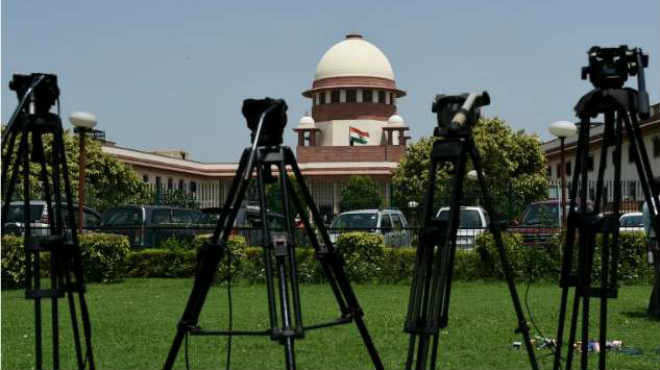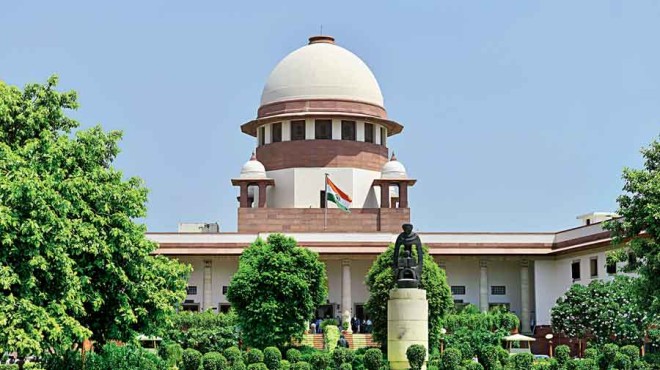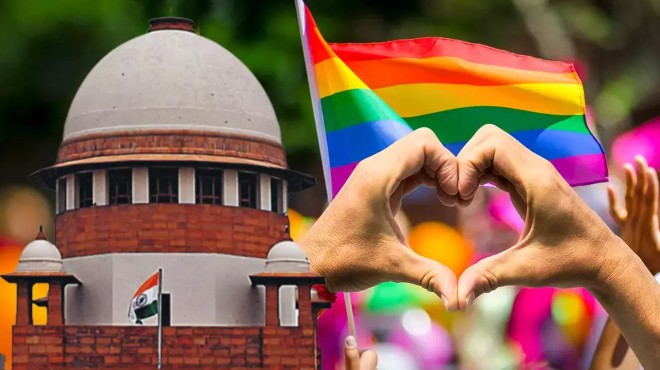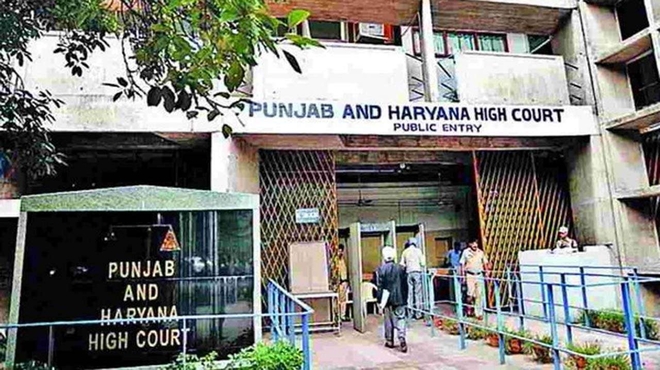SC on Matrimonial disputes: No video conferencing in transfer petitions
October 10, 2017
In a landmark judgment of Krishna Veni Nagam v. Harish Nagam, the Supreme Court with a 2:1 majority has issued guidelines providing an alternative to seeking transfer of proceedings on account of the inability of a party to contest proceedings at a place away from their ordinary residence.
Latest Legal News
.jpg)
3 Bills to Renew India's Criminal Justice System presented in Lok Sabha; All you Need to Know

âSorry state of affairs' in PoSH Act implementation; SC orders Govts. to ensure ICCs are constituted


 655+ Lawyers are online
655+ Lawyers are online 


.jpg)


